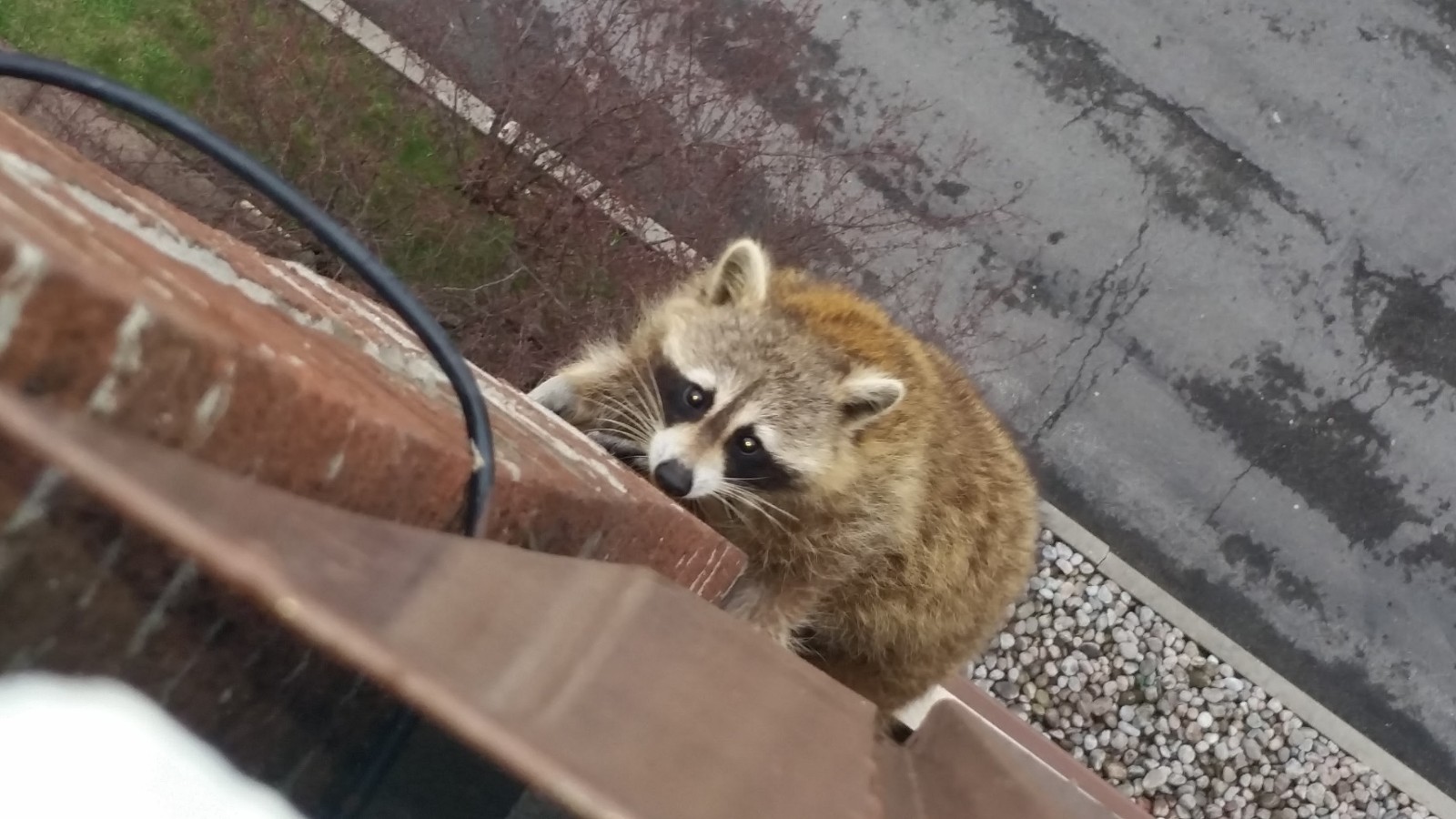Avoid Interactions
It is best not to engage with raccoons in any way. All types of contact make raccoons feel threatened. Let humane wildlife control specialists handle any interactions. Raccoons are agreeable animals if left alone. They do not intend to harm humans, but these are some instances that will trigger aggression:- A raccoon is surprised by a human: Encountering a raccoon unaware of your presence is dangerous. It will likely try to back away, but if it feels you’re a threat, it could strike out so it can run to safety.
- A raccoon is trapped: Cornering a raccoon to make it leave the premises is a bad idea. The animal will keep running and hiding to feel safe. Forcing it to go in a certain direction could result in bad consequences.
- A raccoon is protecting its young: Birthing times are when mothers feel most vulnerable to human presence. A mother’s instinct is to protect her young, so intruding humans are unwelcome, even if it is your house or garage. It’s best to let mothers move their young naturally and prevent their return.
- A person tries to move a raccoon: Finding a raccoon in the attic prompts some people to take immediate action. This scenario typically ends badly for humans and raccoons. Raccoons are clever and will defend themselves like all wild animals. Leave the removal to the professionals, so you don’t have a medical emergency on your hands.
- A person tries to feed a raccoon: Coaxing a raccoon with food is another poor choice. Raccoons have no idea what your intentions are when you approach. They don’t react like pets. They may grab the food and scratch or bite you. Additionally, this will only encourage future problems and not deter them from hanging around.



